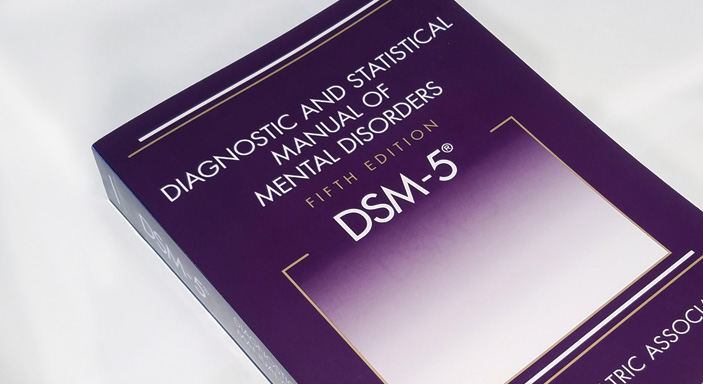Severe Depression Symptoms
Clinical Depression, also known as major depression, is a psychological disorder which requires appropriate treatments in order to prevent complications. But it is important to not confuse the disease with deep sadness, and the treatment depends greatly on the severity of the symptoms.
It is natural to feel sad or depressed when things do not go well as expected. But when the sadness is chronic and associated with other depressive disorder symptoms and becomes a matter of concern, it is now clinical depression. Usually, signs of this disorder are more intense than ordinary unhappiness encountered in life, and tend to severely affect your personal and family life. It can seriously affect your thoughts, behavior and eating habits. If you are experiencing severe depression symptoms, you need to undergo diagnostic tests for medical evaluation.
Major Depression Diagnosis Tests
Clinical Depression Diagnosis Tests mostly include the following procedures:
Physical exam – The physical examination is performed to measure your height and weight. In addition, during this exam, your physician will check your vital signs such as body temperature, blood pressure, heart rate, and others. He may also listen to the rates of your heart and lungs, and examining your abdomen to determine your general health status.
Laboratory tests – the main goal of the lab tests is to check your complete blood count (CBC) and determine the functioning of your thyroid. It is important to make sure that the thyroid is functioning properly as an impaired thyroid function can cause symptoms similar to those of clinical depression.
Psychological evaluation – being a mental disorder, depression diagnosis requires a psychological evaluation. During the evaluation, your health care provider will question you about your thoughts, feelings and behavior patterns. The procedure not only help him evaluate your mental health but also help him to find out whether or not you have had similar episodes of mental disorder in the past. In addition, the evaluation helps him determine if you have suicidal thoughts so that he can take necessary therapeutic approaches if necessary.
When are you diagnosed with clinical depression?
 To be diagnosed with major depressive disorder, you must meet the symptom criteria mentioned in the Diagnostic and Statistical Manual of Mental Disorders (DSM). During the consultation, if your physician suspects you have the problem, he will ask you a series of questions and then perform medical and psychological tests if necessary. These steps are very important to rule out other medical conditions which have similar characteristics to severe depression symptoms. The diagnosis is also necessary to check for any related complications.
To be diagnosed with major depressive disorder, you must meet the symptom criteria mentioned in the Diagnostic and Statistical Manual of Mental Disorders (DSM). During the consultation, if your physician suspects you have the problem, he will ask you a series of questions and then perform medical and psychological tests if necessary. These steps are very important to rule out other medical conditions which have similar characteristics to severe depression symptoms. The diagnosis is also necessary to check for any related complications.
According to the DSM criteria, to be diagnosed with clinical depression, you must have at least five (5) of the following symptoms below for a period of two-weeks or more. At least one of the symptoms must be either a depressed mood or a loss of interest or pleasure you once enjoyed. Because symptoms can be based on your own feelings or on the observations of your family member or someone close to you, a closed relative or family member can be required to be present during the consultation to help you in the diagnosis.
Severe Depression Symptoms and Treatment
Commonly, major depressive disorder symptoms Include:
- Regular low or irritable mood during the day, and almost every day
- lack or no interest in usual activities, most of the day, nearly every day, associated with a feeling of sadness, emptiness or tearful
- Appetite changes – decrease or increase in appetite almost every day
- Abnormal and considerable weight gain or weight loss while not on any diet
- Sleep changes – Insomnia or increased desire to sleep almost every day
- Considerable restlessness or slowed behavior
- Unreasonable fatigue or loss of energy nearly every day
- Feelings of worthlessness, or excessive or inappropriate guilt nearly every day
- Memory problems such as trouble making decisions, thinking or concentrating nearly every day
- Recurrent thoughts of death or suicide, or a suicide attempt.
In addition, to be diagnosed with major or clinical depression:
- Your depression symptoms must not be due to a mixed episode which can express by simultaneous mania and depression, characteristic of bipolar disorder
- Your symptoms must be severe enough to impact your daily or usual activities: work, school, social activities, and others
- Your symptoms are not resulted from another factors, such as drug abuse, taking a medication (chemotherapy drugs for instance) or having a medical condition such as hypothyroidism
- Symptoms are not due to grieving, being temporary sad after the loss of a loved one or belongings.




